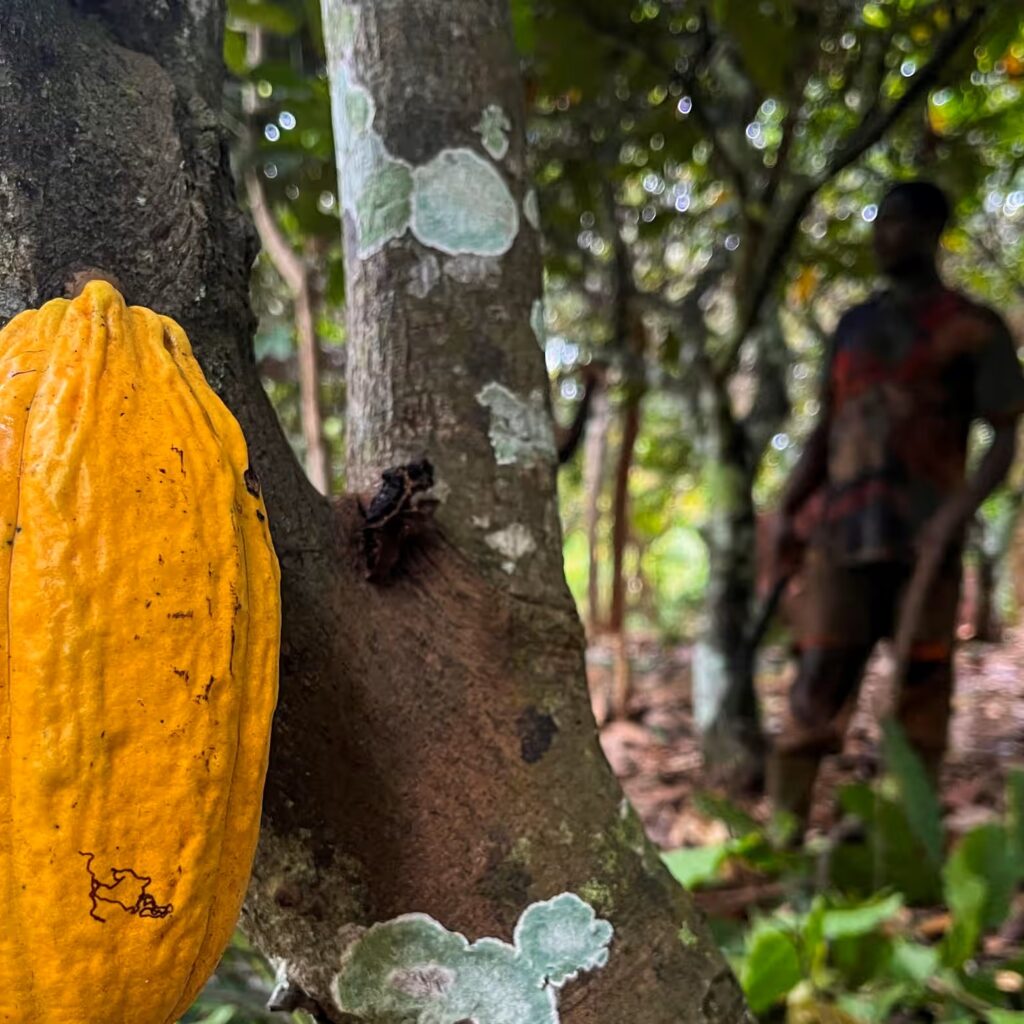
In February, a devastating heatwave swept through West Africa, exacerbated by human-induced climate change to be 4C hotter and 10 times more likely, according to recent research. The unprecedented temperatures impacted millions, yet the full extent of its health consequences remains unquantified due to underreporting.
This region, the cornerstone of the world’s cocoa production, faced significant agricultural strain as farmers reported the heatwave further weakened cocoa trees, already battered by extreme rainfall in December. Consequently, cocoa prices, essential for chocolate production, have surged, intensifying due to the climate crisis’s toll on the crops.
The World Weather Attribution’s analysis reveals that absent climate change, such an extreme heat event would be a rarity, likely occurring once per century. However, with the current climate trajectory, marked by an average global heating of 1.2C over the past four years, these heatwaves are now expected to happen about once every decade. The scientists warn that continuing on this path, with a potential global temperature increase to 2C above pre-industrial levels, West Africa could face similar heatwaves biennially unless significant actions are taken to curb fossil fuel emissions. Read More
News Credit: The Guardian
Picture Credit: Ange Aboa/Reuters


